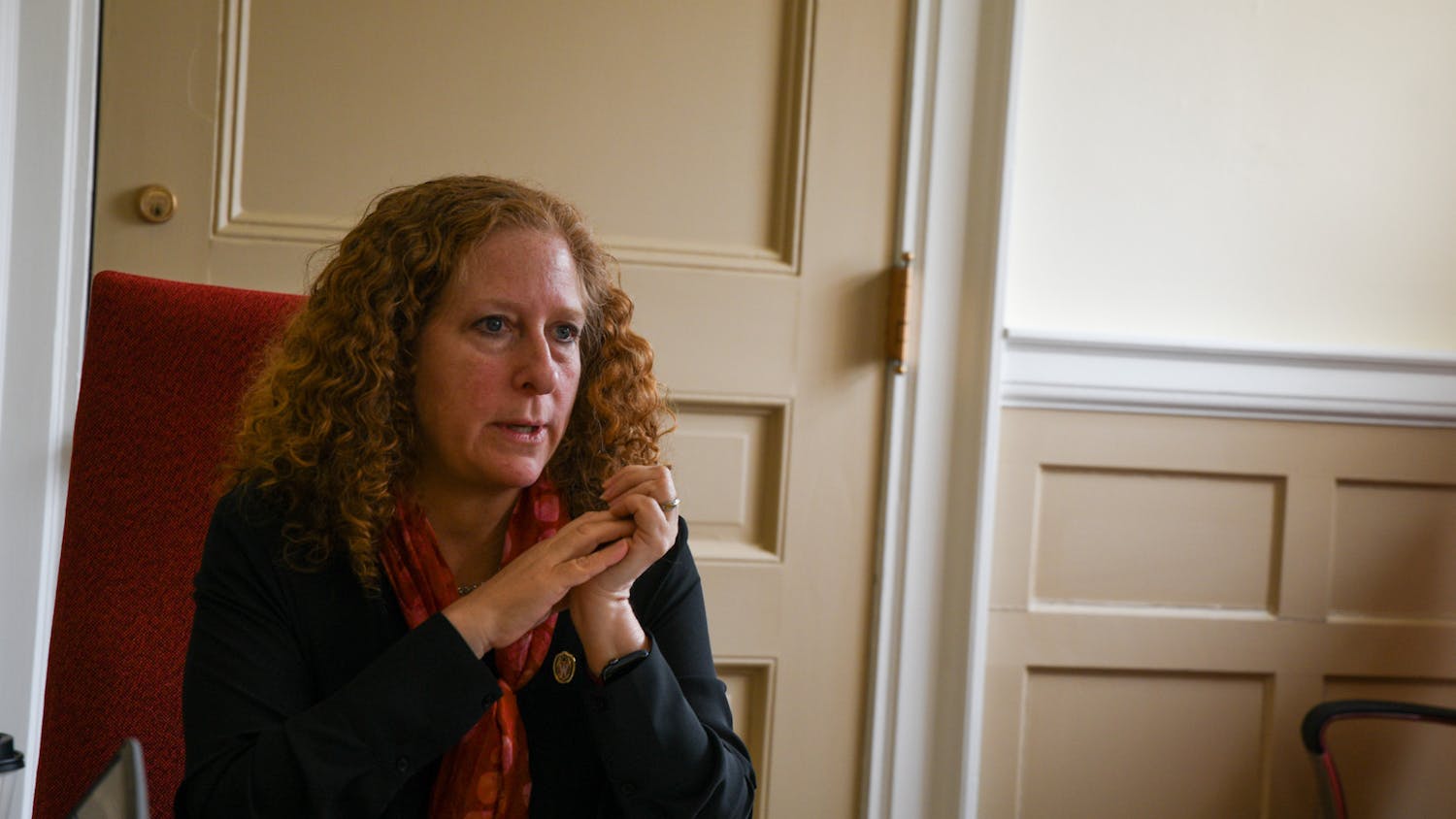Spurred by public testimony that warned against “one-size-fits-all” approaches, the Common Council reconsidered an ordinance that would ban sex offenders from living near schools, during their meeting Tuesday night.
The ordinance, which would have banned sex offenders from living within 2,000 feet of a school, comes from a heated debate in the north side of Madison, where a registered sex offender tried to move into a home near a school and inspired community outcry.
“This piece of legislation came out of a very contentious neighborhood meeting in my district,” said Ald. Rebecca Kemble, District 18. “It was an emotional meeting, where the decision of placement was felt by the entire neighborhood—and ultimately the landlord—to have been inappropriate.”
Because of the community uproar, the sex offender ultimately gave up on moving into the neighborhood.
Former Ald. Anita Weier, District 18, presented the ordinance to the council earlier this month.
"I also warn you that if you delay this ordinance, the [Department of Corrections] will continue to place sex offenders in neighborhoods with lots of children,” Weier said.
The ordinance’s black-and-white approach drew criticism, though.
“I think a lot of citizens in Wisconsin don’t understand the sex offender registry,” lawyer Mary Prosser told the council. “The ordinance does not distinguish between folks convicted … as juveniles or adults.”
Prosser also mentioned that consensual actions could lead to convicted sexual offenses, something she said could stay with offenders the rest of their lives.
According to Shannon Wojciechowski, a parole officer with the Wisconsin Department of Corrections, child safety zone laws like this might be ineffective and could actually make monitoring sex offenders more difficult.
“There are numerous studies which indicate that living in close proximity to places frequented by minors is not a factor in [repeat offenders],” Wojciechowski said. “Instead, resident restrictions increase homelessness, registry noncompliance and instability.”
Members of the Common Council voted to refer the ordinance to the Madison Equal Opportunities Commission and the Public Safety Review Committee for further discussion.
“I feel that this hasn’t been given the vetting it needs to get,” Kemble said. “We have a wealth of people in our community with information to bear.”
The council also voted to remodel the Philosopher’s Grove, an art project at the top of State Street where stone prongs offer seating for pedestrians. The area has seen an increase in negative behavior ranging from heckling visitors to open-air drug dealing, Ald. Mike Verveer, District 4, said.
By remodeling the park to open it to more foot traffic and using it for recreation, the city hopes to see a decline in criminal behavior in the area.
“The reality is that when there are popular, productive uses in these areas … the problems go away,” Verveer said.





